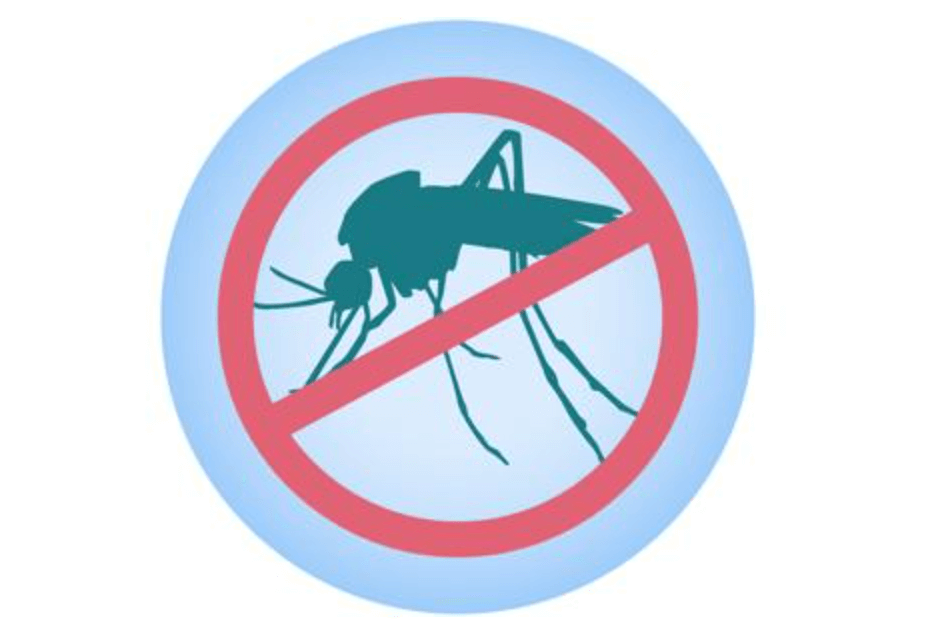Mosquitoes are among the most notorious vectors of disease, posing a significant threat to public health across the globe. These tiny insects are carriers of various deadly diseases such as malaria, dengue fever, Zika virus, and West Nile virus. In the battle against these diseases, mosquito exterminators play a crucial role. These professionals are tasked with implementing strategies to control mosquito populations, thereby mitigating the spread of harmful illnesses. This article delves into the pivotal role and importance of mosquito exterminators in safeguarding public health.

The Menace of Mosquito-Borne Diseases
Mosquitoes have been responsible for transmitting diseases for centuries, affecting millions of lives worldwide. Malaria alone claims hundreds of thousands of lives annually, primarily in sub-Saharan Africa. Dengue fever, Zika virus, and West Nile virus have also wreaked havoc, causing widespread epidemics and posing a substantial burden on healthcare systems. The increase in global travel and changing climate patterns have only exacerbated the problem, as mosquitoes find new habitats to thrive in.
The Role of Mosquito Exterminators
Mosquito exterminators are professionals who specialize in managing mosquito populations through a variety of techniques. Their goal is to curb the reproduction and survival of mosquitoes, thereby reducing their capacity to transmit diseases. These experts are equipped with knowledge of mosquito behavior, breeding habitats, and effective control methods. Their role encompasses both preventive measures and responsive actions in areas where mosquito-borne diseases are prevalent.
Importance in Public Health
Disease Prevention: The primary importance of mosquito exterminators lies in disease prevention. By targeting mosquito breeding sites and implementing control measures, they significantly reduce the risk of disease transmission. This, in turn, helps save countless lives and eases the burden on healthcare systems.
Community Education: Mosquito exterminators often engage in community education efforts, raising awareness about mosquito-borne diseases and preventive measures. Their outreach programs empower communities to take action in protecting themselves and their environment.
Integrated Pest Management: Exterminators utilize integrated pest management (IPM) approaches, which involve a combination of strategies to manage pest populations while minimizing environmental impact. This approach ensures that chemical control is only used when necessary, promoting sustainable practices.
Environmental Protection: Effective mosquito control is not just about eliminating pests; it also involves safeguarding the environment. Exterminators employ methods that target mosquitoes specifically, minimizing harm to non-target species and ecosystems.
Outbreak Response: In areas experiencing disease outbreaks, mosquito exterminators play a vital role in containing the spread. Rapid response measures, such as targeted insecticide application, larvicide treatments, and source reduction, can help prevent an outbreak from becoming an epidemic.
Methods Employed by Mosquito Exterminators
Source Reduction: Exterminators identify and eliminate mosquito breeding sites. This can involve emptying standing water containers, treating water bodies, and improving drainage systems.
Insecticide Application: When necessary, exterminators apply insecticides to control adult mosquito populations. These applications are carefully planned to minimize environmental impact and collateral damage.
Larvicide Treatments: To target mosquito larvae in water bodies, larvicides are used. These substances disrupt the development of larvae, preventing them from becoming disease-transmitting adults.
Biological Control: Exterminators may introduce natural predators or bacteria that specifically target mosquito larvae, reducing their numbers in a sustainable manner.
Challenges Faced by Mosquito Exterminators
Resistance: Mosquitoes can develop resistance to commonly used insecticides, making control efforts less effective. Exterminators must stay updated on the latest research to adapt their strategies accordingly.
Environmental Concerns: The use of insecticides raises environmental and health concerns. Mosquito exterminators must balance the need for disease control with the potential impacts on non-target organisms and ecosystems.
Community Cooperation: Successful mosquito control relies on community participation. Exterminators often face challenges in getting communities to adopt preventive measures and cooperate with control efforts.
Conclusion
Mosquito exterminators play an indispensable role in protecting public health by curbing the spread of mosquito-borne diseases. Their expertise in mosquito behavior, breeding habitats, and control methods enables them to implement strategies that minimize disease transmission while safeguarding the environment. As global travel and climate change continue to impact mosquito habitats, the importance of these professionals only grows. By collaborating with communities, staying updated on the latest research, and employing integrated pest management approaches, mosquito exterminators contribute significantly to reducing the global burden of mosquito-borne diseases.
